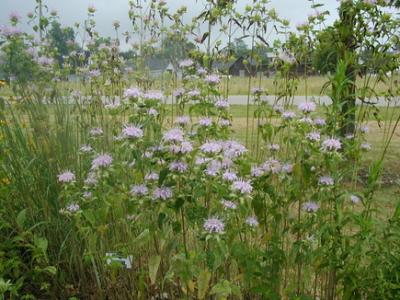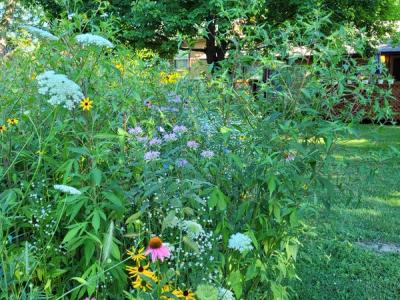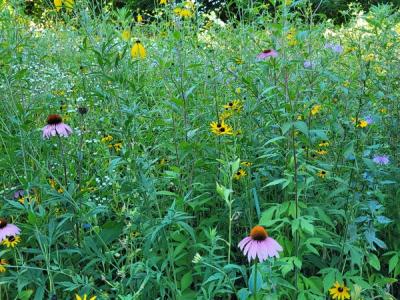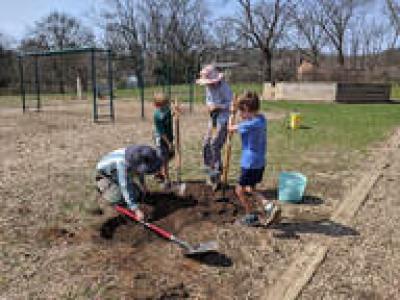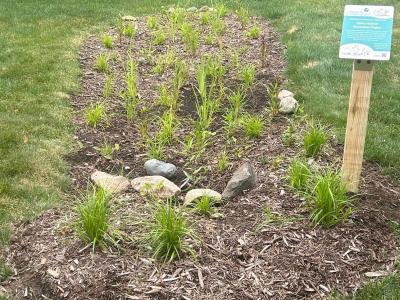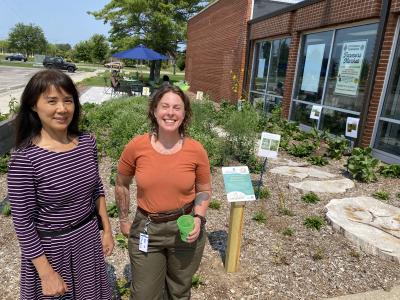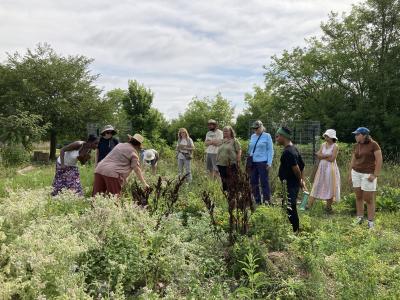
School & Community Habitat Grant
Plant resources & Expert consultation

Purpose & WCCD's Mission
Assist schools and community organizations with accessing plants, especially natives, and establishing wildlife habitat. Furnishing spaces with native plants benefits all residents—human and otherwise—by fostering connection to local ecology, enhancing biodiversity, filtering air and water, sequestering carbon, adding beauty, and providing vital ecological services.
The WCCD is a local government agency with the mission to assist residents with and provide leadership in the conservation, management, and wise use of natural resources in Washtenaw County.
Grant Award:
The WCCD staff and/or our partnering contractors, as requested by the awardees and within the award budget, may provide any combination of the following:
- Site visit for assessment & consultation
- Site design plan & maintenance plan
- Site materials, such as native plants, trees, and/or shrubs and planting aids (tree shelters, etc.)
- Site installation assistance, including use of the WCCD's tool and equipment lending library and assistance with volunteer outreach
Grant fund availability is dependent on county millage funding as well as donations made to the WCCD for this purpose.
Applications for 2025 are now closed.
We thank you for your interest in the School & Community Habitat Grant. Check back in early 2026 for the next opportunity.
If you have any questions reach out to WCCD's Community Forester Matt DeJonge: matt@washtenawcd.org or call at 734-302-8715
Read the latest Habitat Grant project reports:
Pre-recorded webinar explaining what the School & Community Habitat Grant is and how to apply for it.
Support Local Habitat Projects
Donations purchase plant materials, installation, or design services for awardees to install wildlife habitat. Grant awards are made based on the amount donated. All donations are tax deductible (receipt via email).
We're looking for partners to match our awardees' for selected projects. Partners have provided services including consultation, design planning, labor & equipment usage, and more.
Grant awards are determined by an evaluation committee of local experts and community members. Contact us if interested to join the committee or nominate someone else.
Donate to the Grant Become A Grant Partner Join the Evaluation Committee
Take A Look At Some Past Projects

Pollinator Habitat, Tree Planting, Learning Spaces

So Many Possibiilites

Habitat Projects Around the County
Questions? Contact Us!

Matt DeJonge
Community Forester
